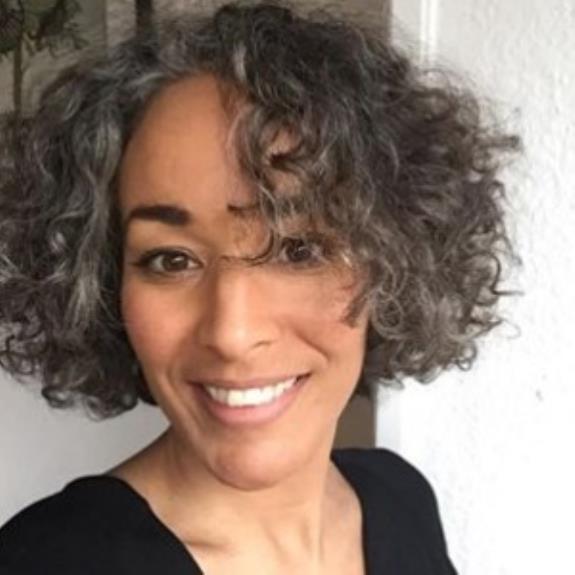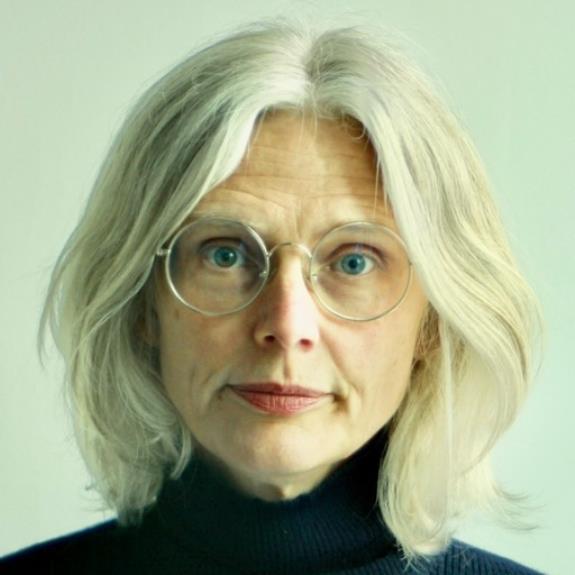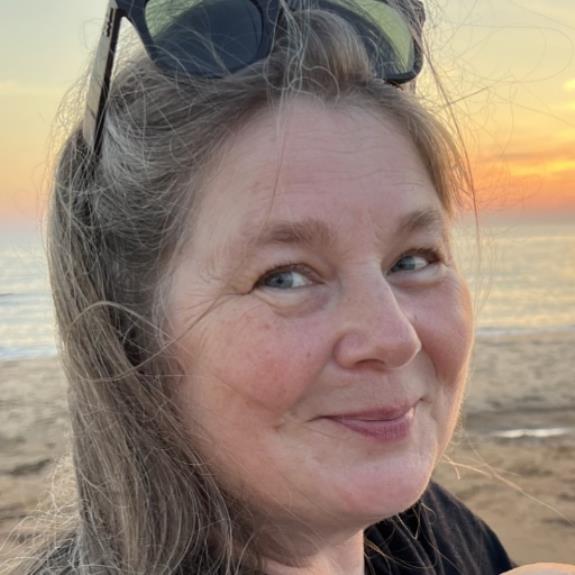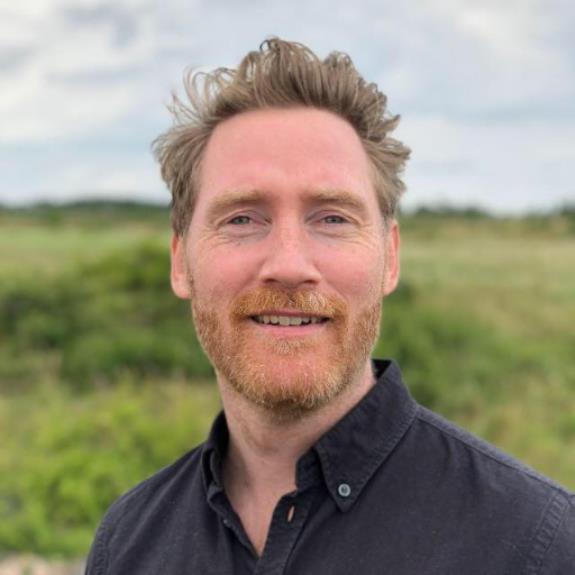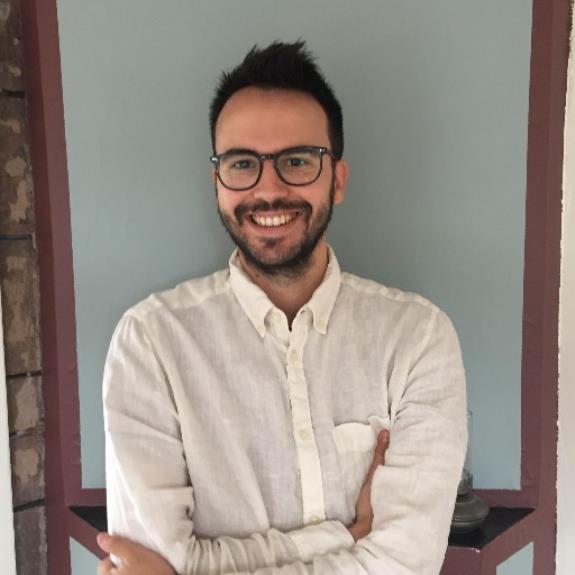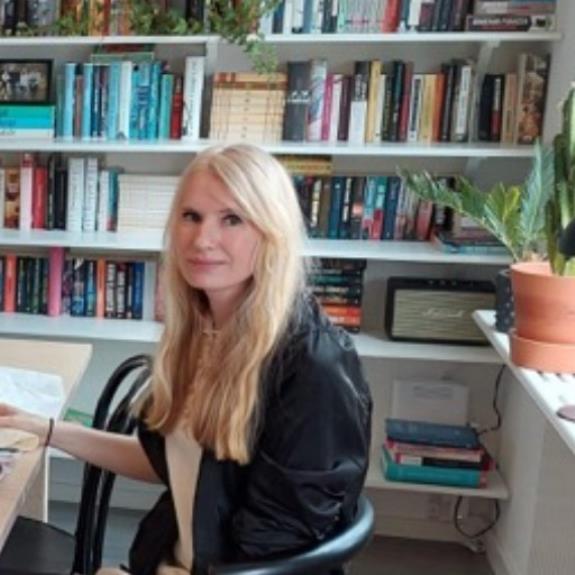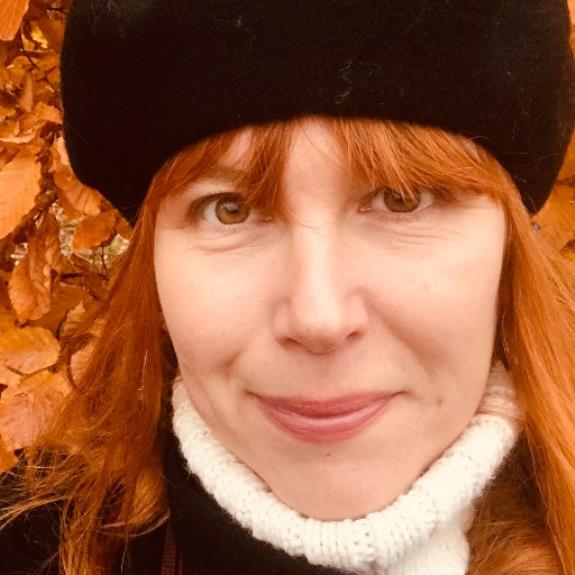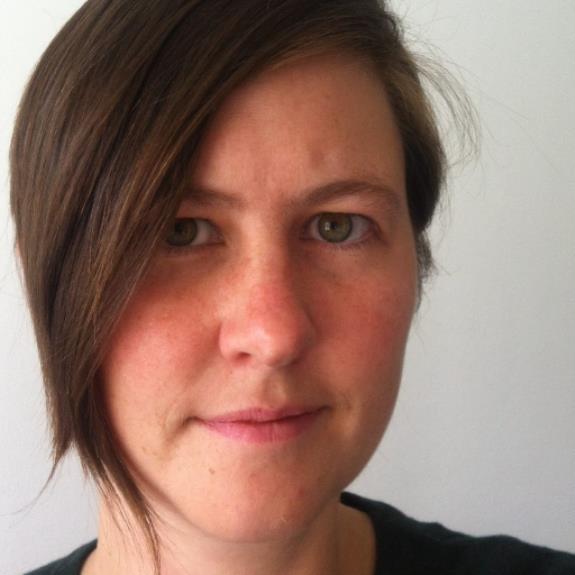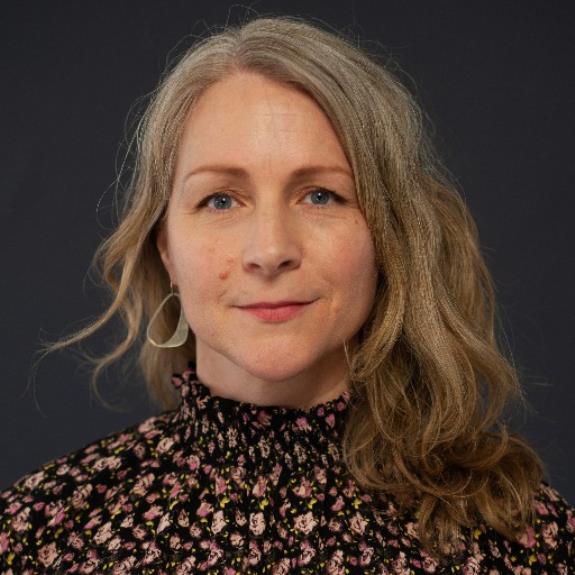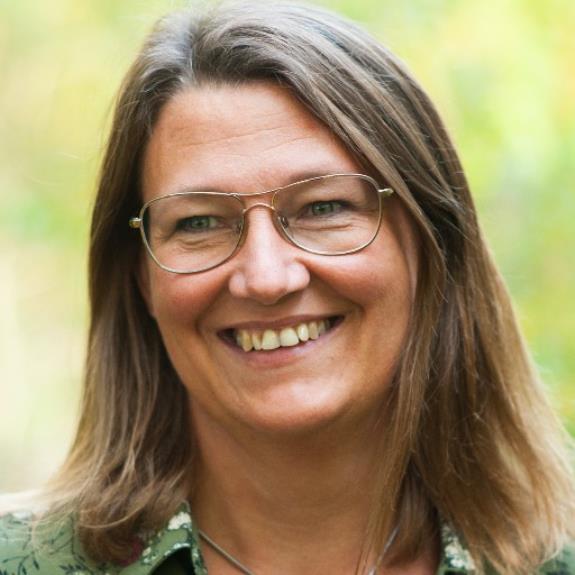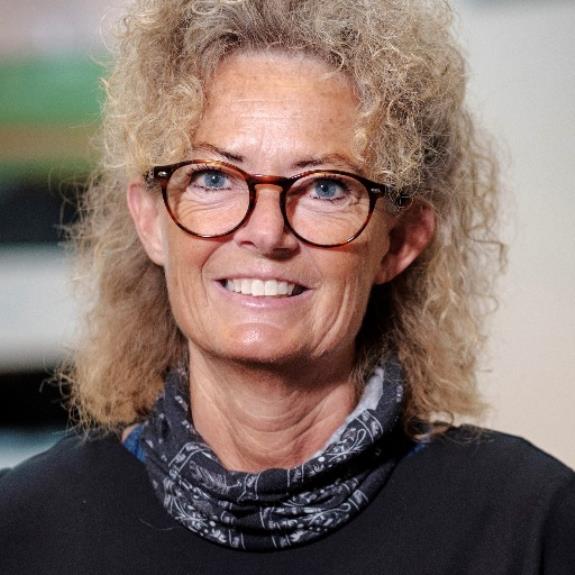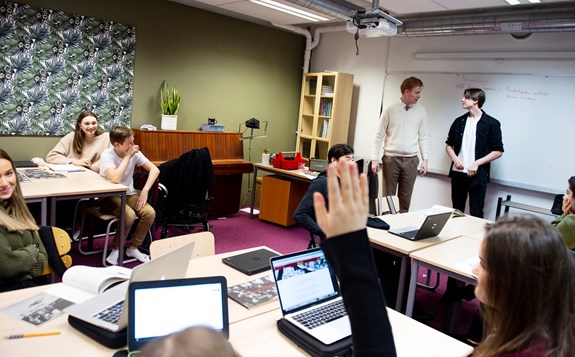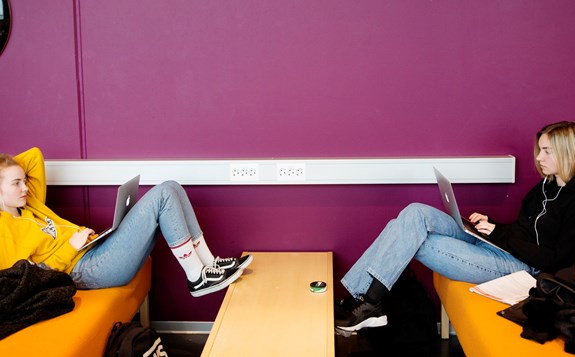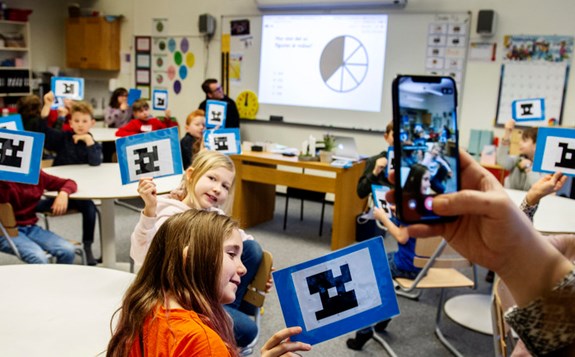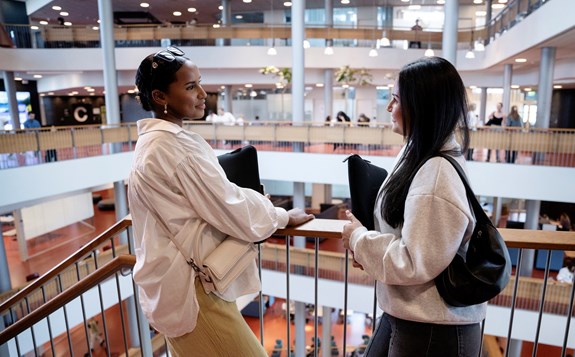We use cookies on this website. Cookies help us deliver the best experience on our website. Read about cookies.
-
- Education
- Education
- Programmes and courses
- Applications and admissions
- Tuition fees
- Scholarships
- Exchange studies at Malmö University
- Study Guidance
-
- After admission
- After admission
- Moving to Malmö
- Pre-orientation
- Arrival guide
-
- About studies at Malmö University
- About studies at Malmö University
- Why choose Malmö University
- Understanding university studies
- Connect with our students
On the page -
- Research
- Research
-
- Doctoral studies
- Doctoral studies
- Doctoral courses
-
- Doctoral schools
- Doctoral schools
- Adaptation of urban space through sustainable regeneration
- ComBine
- Culturally Empowering Education through Language and Literature
- Education, Learning and Globalisation
- Finding ways in a time of great future challenges (FinnFram)
- Swedish National Graduate School in Science and Technology Education Research
- Learning in Multicultural Societal Contexts
- Pedagogy and Vocational Skills
- Relevancing Mathematics and Science Education (RelMaS)
- Sustainable Movement Education
- The National Research School for Professionals in Social Services
- Research subjects
-
- Research centres
- Research centres
- Biofilms Research Centre for Biointerfaces
- Citizen Health
- Imagining and Co-Creating Futures
- Institute for Urban Research
- Malmö Institute for Migration Studies
- Literacy and Inclusive Teaching
- Centre for Work Life Studies
- Sustainable Digitalisation Research Centre
- Centre for Sexology and Sexuality Studies
-
- Research publications
- Research publications
- Search for research publications in Diva
- Malmö University Press
- Research events
- Participate in a research study
- Coffee Break Quiz
On the page -
- Collaboration and Innovation
- Collaboration and Innovation
-
- Levels of collaboration
- Levels of collaboration
-
- Local collaboration
- Local collaboration
- Muvah
- Regional collaboration
- National collaboration
-
- International collaboration
- International collaboration
- UNIC
- Innovation
- Collaboration with students
-
- Collaborate with researchers
- Collaborate with researchers
- Labs and facilities
- Culture collaboration
- Support Malmö University
- Alumni & Friends
On the page -
- About us
- About us
-
- Faculties and departments
- Faculties and departments
-
- Faculty of Culture and Society
- Faculty of Culture and Society
- Department of Global Political Studies
- School of Arts and Communication
- Department of Urban Studies
-
- Faculty of Education and Society
- Faculty of Education and Society
- Department of Childhood, Education and Society
- Department of Sports Sciences
- Department of Culture, Languages and Media
- Department of Natural Science, Mathematics and Society
- Department of Society, Culture and Identity
- Department of School Development and Leadership
- The Centre for Teaching and Learning (CAKL)
-
- Faculty of Technology and Society
- Faculty of Technology and Society
- Department of Computer Science and Media Technology
- Department of Materials Science and Applied Mathematics
- Faculty of Odontology
- University Dental Clinic
-
- Find and contact Malmö University
- Find and contact Malmö University
- Visit Malmö University
-
- News and press
- News and press
- Graphic manual
- Map of the buildings (Google Maps)
- Merchandise
- Supplier information and invoice management
- Whistleblowing
- We will help you with your questions
- Management and decision-making paths
-
- Malmö University's strategy 2030
- Malmö University's strategy 2030
- Sustainability
- Widened recruitment and participation
- Quality assurance work at the University
-
- Malmö Academic Choir and Orchestra
- Malmö Academic Choir and Orchestra
- Student work – video pieces
-
- Annual Academic Celebration
- Annual Academic Celebration
- Academic traditions
- Meet our new professors
- Meet our new doctors
- Honorary doctors
-
- The University in a troubled world
- The University in a troubled world
- Campus total defence
On the page
Department of Childhood, Education and Society
Education and Society
This department runs one of the country’s largest preschool teacher training programmes, as well as primary teacher training specialising in after-school recreation.
Education at Childhood, Education and Society
Education at the Department of Children, Youth and Society is designed to advance knowledge of children’s learning, emphasising play, development and meaning-making.
Childhood and Learning
The specialisation Childhood and Learning involves the study of childhood and the learning and living conditions of younger children. One important element of the subject is preschool didactics with an emphasis on play, development and meaning-making, as well as the development of preschool learning environments. The preschool’s quality, pedagogical development and roots in an educational philosophical understanding of its activities and conditions are areas in which the department works, both in education and research.
Recreation Instructor
The primary teacher degree specialising in after-school recreation includes the advance course Recreation Instructor in combination with one of the following subjects: visual arts, sports and health or music.
Research at the Department of Childhood, Education and Society (BUS)
The department has a research profile that combines academic depth with close links to practice. The research is based partly on developing subject-specific knowledge within the perspectives that exist at BUS and in the study of issues at the intersection of childhood, education and society, and partly on being relevant to and having a close relationship with educational practice at all levels – including the programmes we ourselves offer at the department.
Researchers, publications and projects
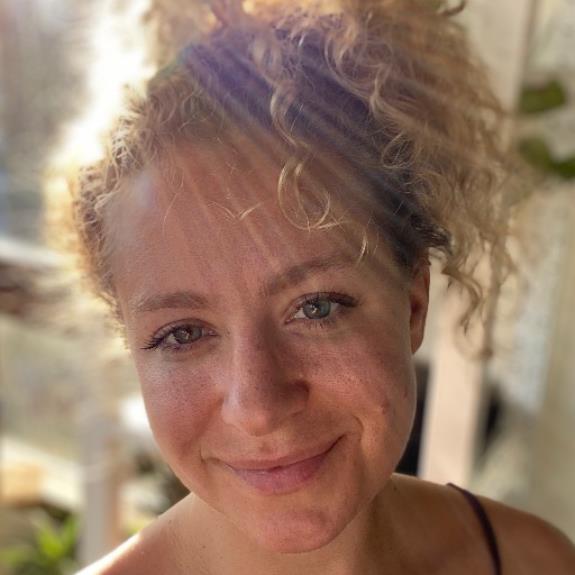
Caroline Adolfsson
Thom Axelsson
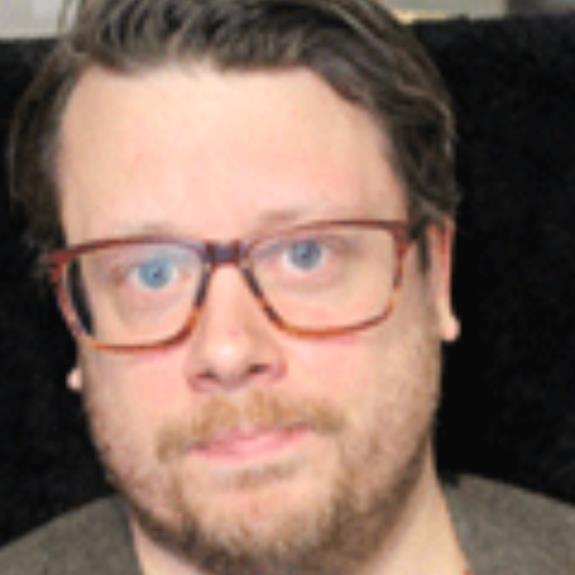
Johan Dahlbeck

Helena Hansen
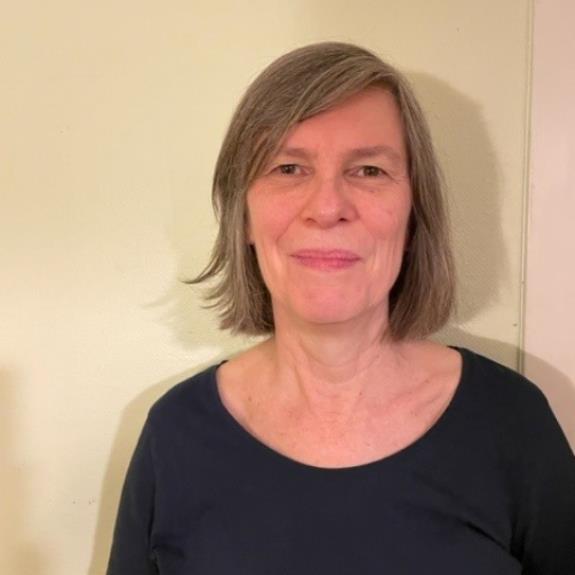
Anne Harju

Martin Harling
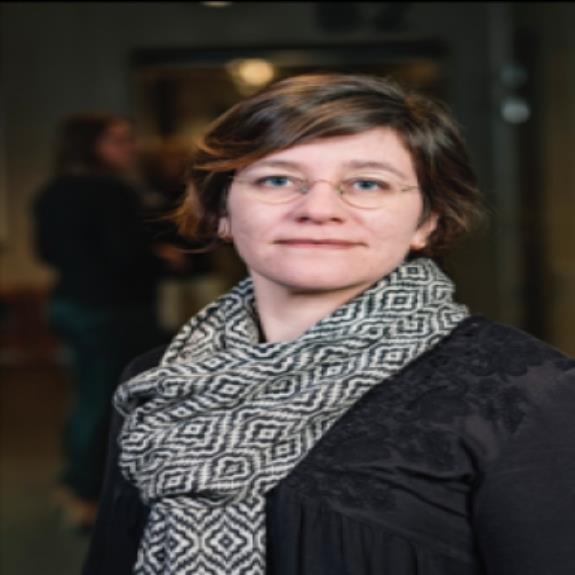
Ylva Holmberg
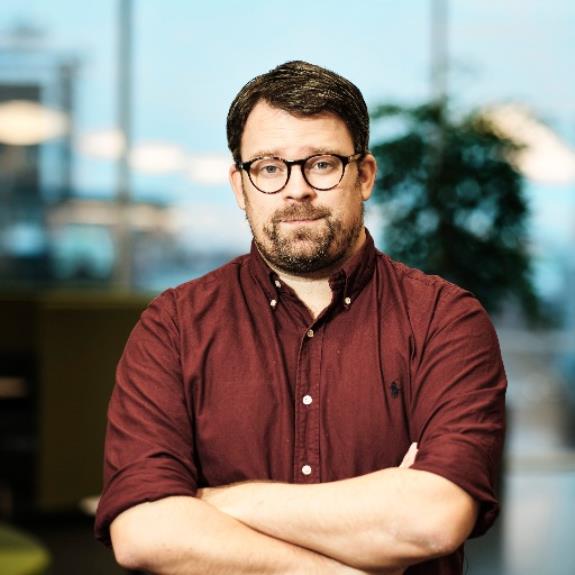
Peter Lilja
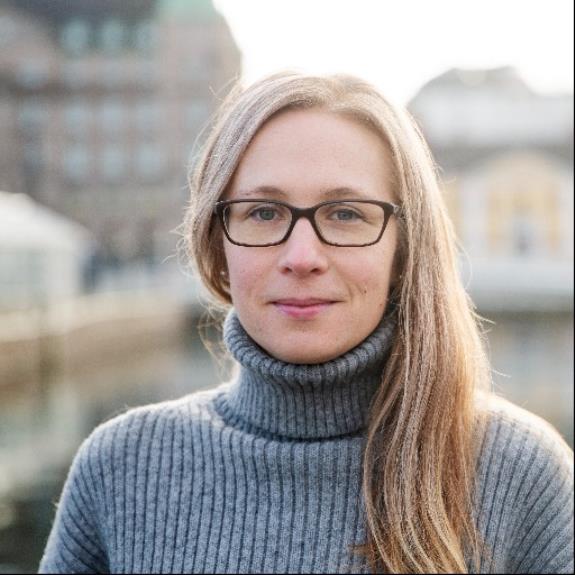
Carolina Martinez
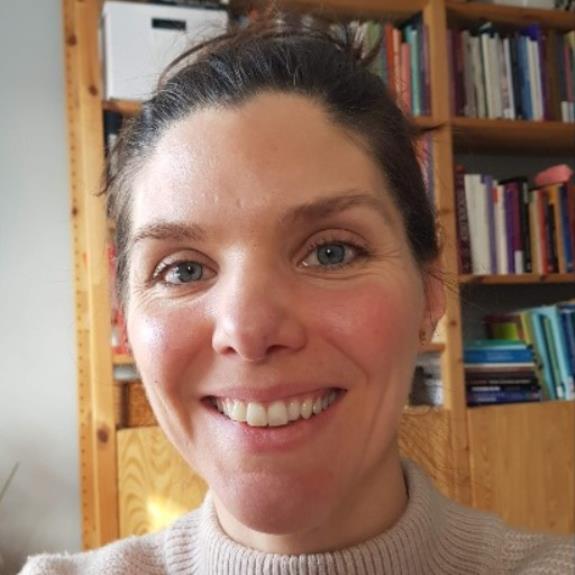
Emelie Madeleine Charlotte Nilsson
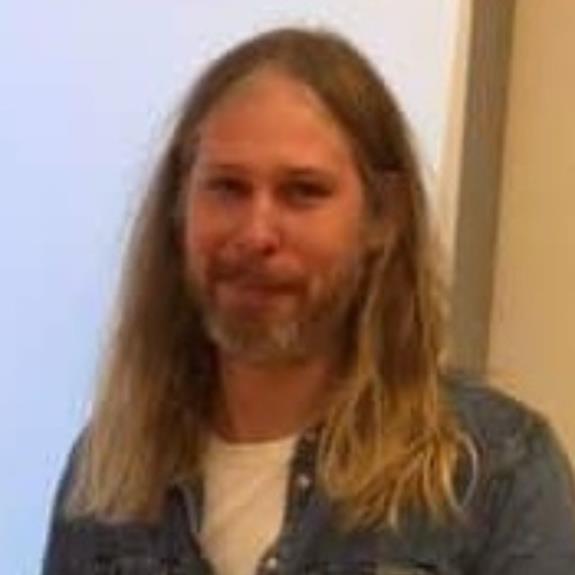
Christian Norefalk
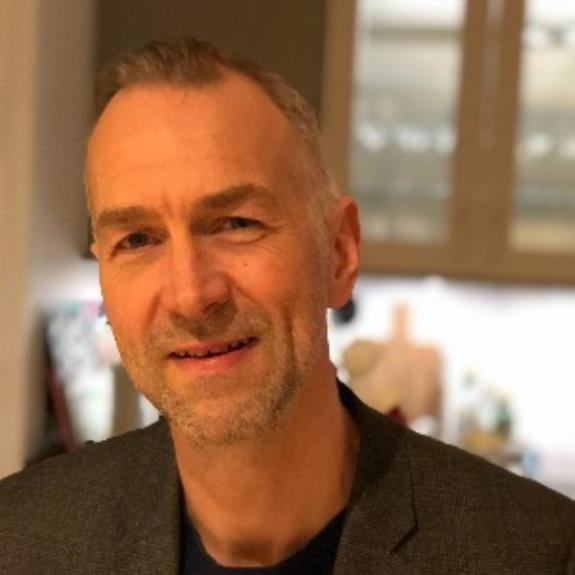
Jonas Qvarsebo
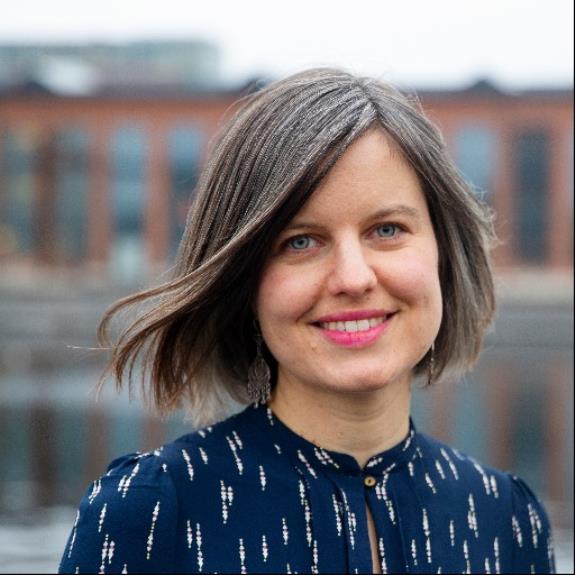
Hanna Sjögren
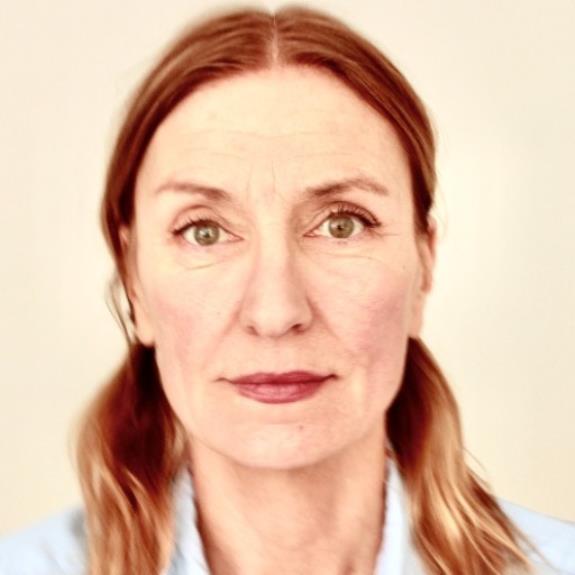
Magdalena Sjöstrand Öhrfelt
-
2026 | Article in journal
School-market-emotions as ideology: An autoethnography of researcher-parental conundrums
Hanna Sjögren, Martin Harling
-
2026 | Article in journal
Why differences in national test results are critical beyond the grades: Historical knowledge as (un)equally distributed prerequisites for societal participation
David Rosenlund, Johan Deltner, Mikael Bruér, Magnus Persson
-
2026 | Article in journal
A History of Violence: Aggression and Relations in Swedish Schools 1947–1974
Thom Axelsson
-
2026 | Article in journal
Participatory social and educational planning
Ditte Tofteng, Anne Harju, David Herrera
-
2026 | Article in journal
Getting started: Fictionalism and exemplarism in education
Johan Dahlbeck
-
2026 | Article in journal
The art of leadership – a genealogy of pedagogical leadership and the governing of the timely Swedish school organisation
Felicia Daudi
-
2025 | Article in journal
Space and subjectification: Heterotopian space and governmentality in early childhood education research
Elsa Andersson, Jonas Qvarsebo
-
2025 | Article in journal
Truancy, School Phobia, or School Fatigue? Understandings of Students' Absenteeism, 1945–1975
Thom Axelsson, Anna Larsson
-
2025 | Conference paper
Spinoza, storytelling, and the pedagogical importance of ingenium
Johan Dahlbeck
-
2025 | Conference paper
Sympathetic resonance as a pedagogical concept
Johan Dahlbeck
-
 Research project
Research projectPracticing Hope: Challenging myths and changing narratives of youth in super-diverse urban communities (YouHope)
jacob.lind@mau.se -
 Research project
Research projectComprehensive school allocation through school choice: How local civil servants organize for freedom of choice and equal opportunity
hanna.sjogren@mau.se -
 Research project
Research projectThe psycho-culture of school health care 1940–1990: Between school education and medical care
thom.axelsson@mau.se -
 Research project
Research projectHealth in learning and teacher training (HILL)
lisa.hellstrom@mau.se
Research topics
The department's research groups
The research groups conduct both basic and applied research. They contribute to current research in teaching and in collaboration with external actors. The groups are active in national and international networks, conferences, and publication forums, discuss scientific texts, apply for research funding and support the group members' qualification processes and doctoral projects. The work is done through seminars and research days at the department.
Research groups
-
Research group

Didaktik Studies (DS)
At the Department of Childhood, Education, and Society (BUS), Didaktik Studies (DS) represents a research group and field of knowledge that addresses questions regarding the relationships between children, teachers, and educational content. We use the...
-
Research group

Historical-Political Studies of Childhood, Education and Society
The research group Historical-Political Studies pursues interdisciplinary research on education and socialization in relation to historical and contemporary political and cultural phenomena. Our research lies at the intersection of the history of...
-
Research group

Pedagogical-Philosophical Studies of Childhood, Education and Society
The research group Pedagogical philosophical studies of childhood, education and society makes for a working collective meeting regularly for seminars where they explore questions that falls within the domain of the philosophy of education, theoretical...
-
Research group

Sociological and childhood sociological studies
At the Department of Childhood, Education and Society, sociological and childhood sociology studies form a key research profile focusing on childhood within and beyond preschool, leisure-time centers, and school. We study how discourses, institutions, and...
-
Research group

The Child's Best Interest: welfare sector's strategic communication with children
The Convention on the Rights of the Child, including children's digital rights, forms the basis for the activities of the Child's Best Interest environment. Within the environment, there is a strong commitment to developing a child rights-based approach i...
Collaboration
The department collaborates with other higher education institutions, municipalities, individual preschools and after-school centres through research projects and continued professional development, all within the framework of childhood studies and professional preschool teaching and recreation centres.
Contact us to collaborate with our students, PhD-students or researchers.
Contact
-

Martin Harling – Senior lecturer/Head of department
martin.harling@mau.se
+46 72 218 73 45
-
AA
Ann-Sofie Almquist – Assistant head of dep./Lecturer
ann-sofie.almquist@mau.se
+46 40 665 83 37
-
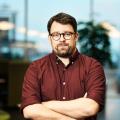
Peter Lilja – Vice Dean/Senior lecturer
peter.lilja@mau.se
+46 40 665 83 58
-
LO
Liselott Mariett Olsson – Professor
liselott-mariett.olsson@mau.se
